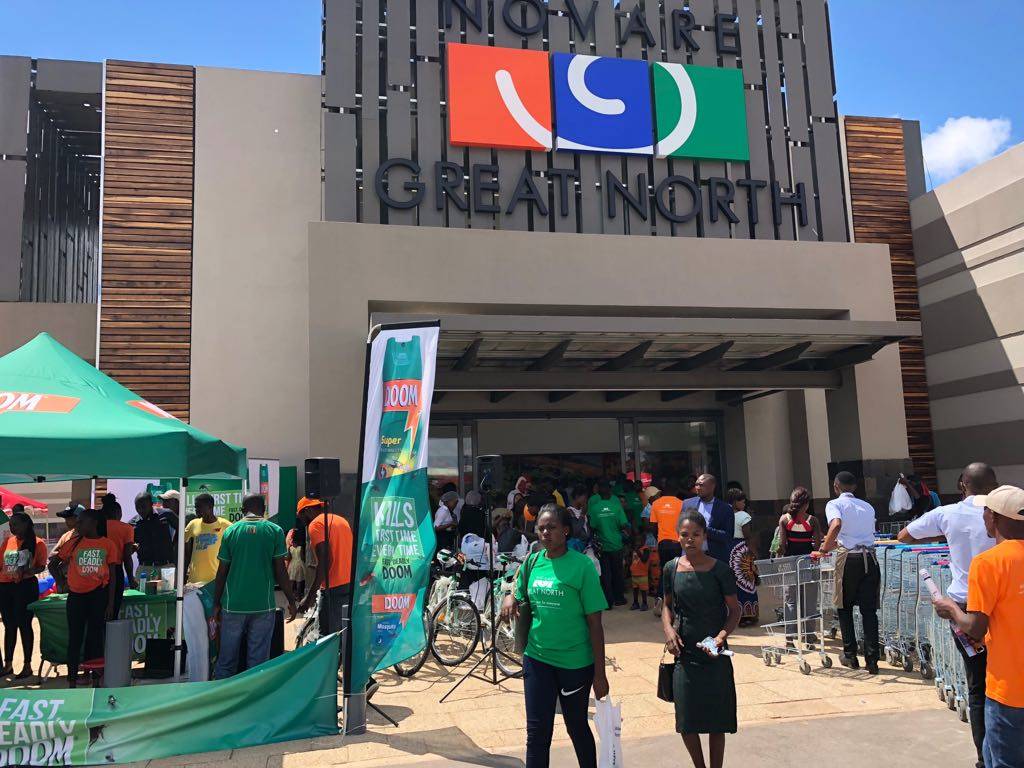We use Cookies. Read our Terms
- News
- Modern mall to boost Zambia’s economy
Modern mall to boost Zambia’s economy

Photo: Woodside Mall Ltd
In March this year, Woodside Mall – an energy-efficient retail mall with a low carbon footprint located about 7 km north of Lusaka’s Central Business District – opened its doors to excited shoppers ahead of schedule and under budget.
Where previously only a few small food and ancillary markets existed, this expansive shopping mall offers the growing low-middle income population of Zambia’s capital and largest city access to a wide range of products and services, including banks and restaurants.
The project has also increased opportunities for local small and medium-sized enterprises (SMEs) via its supply chain and contributed to the development of Zambia’s retail infrastructure, improving supply chain efficiency and enhancing the platforms for local SMEs to trade.
“The investment will do much to boost the region’s economic growth,” says Tareq Alnassar, OFID’s Assistant Director-General, Private Sector and Trade Finance Operations. “The mall created many jobs during the construction phase and continues to provide employment opportunities, particularly for women, who often dominate in retail and services markets.”
Additionally, Alnassar points out that the project raises market standards. “The quality of services and products – such as food – as well as safety standards and the modernized design of the mall itself help to raise people’s expectations,” he says. “This benefits local populations and regional producers and ultimately increases the country’s international trading chances.”
OFID approved a long-term loan to Woodside Mall in March to part-finance the project with the International Finance Corporation. The project sponsor, Novare Africa Property Fund II, is an important fund in Africa’s real estate landscape. This partnership paves the way for OFID to participate with IFC in other projects being developed by the sponsor in Africa.
In the short-term, retail property growth is relatively constrained by Lusaka’s population and general income levels. However, over the medium to long-term, retail property growth will strengthen as the population expands, consumers become wealthier and more people transition from informal to more formal shopping habits.